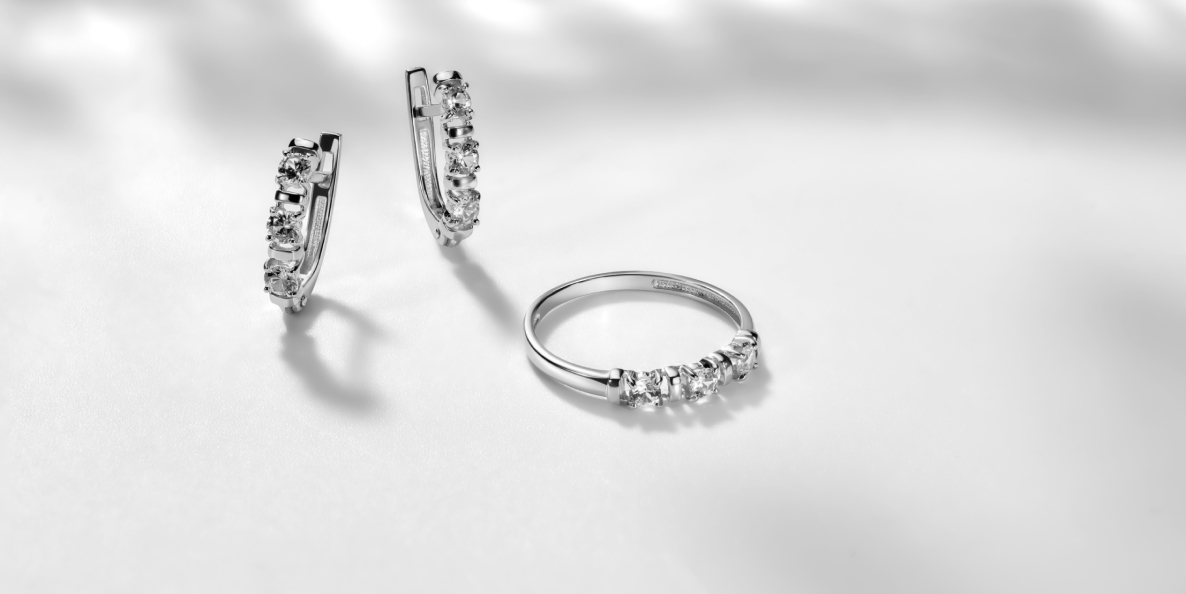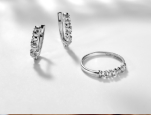
Jewelry buying is undeniably an art form that requires a nuanced understanding beyond the mere appraisal of gemstones and precious metals. It's about recognizing that each piece carries profound sentimental value for its owner, often transcending its material worth. Simply viewing jewelry as a sum of its parts can lead to detrimental consequences, potentially tarnishing the customer's experience and connection with the jeweler. It's incumbent upon the jeweler to possess the empathy and insight to discern the intangible values a piece may hold for its owner. Sometimes, advising against selling it can be the most ethical and empathetic choice.

Navigating the complexities of pricing can also be challenging in the world of jewelry buying. Customers may feel perplexed when they perceive a gap between the offered price and what they've seen online or elsewhere. It's crucial for jewelers to transparently explain the various factors at play. While a piece may hold immense sentimental value for the owner, its monetary worth is often determined by its material components. Contrary to the common misconception that jewelry is a financial investment akin to a rare painting, it's essential to understand that jewelry primarily serves as a luxury item, purchased to commemorate special moments or milestones.
Furthermore, it's important for jewelers to empathize with customers who may reluctantly part with their cherished pieces due to financial hardship. In such instances, offering reassurance and perspective can be invaluable. Expressing gratitude for the opportunity to provide a temporary solution while encouraging the possibility of reacquiring the piece in the future can offer solace during difficult times. Ultimately, the art of buying jewelry lies in the jeweler's ability to empathize with each individual, to understand their motivations, and to strive for fairness while operating within the parameters of their business.

Jewelry buying is undeniably an art form that requires a nuanced understanding beyond the mere appraisal of gemstones and precious metals. It's about recognizing that each piece carries profound sentimental
March 10, 2024

Jewelry is more than just adornment; it's a reflection of personal style, a way to express individuality, and an opportunity to enhance any outfit. Whether you're a minimalist or a maximalist, there are certain timeless pieces that every woman should have in her jewelry collection.
March 10, 2024